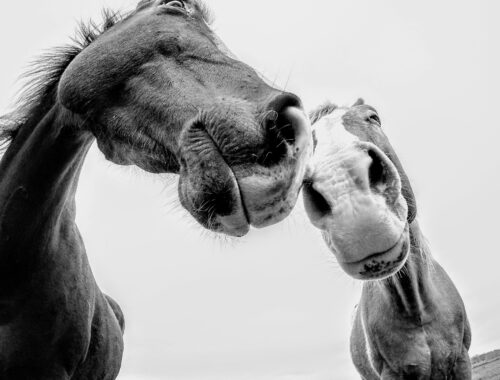If We Can Admire Dutch Painting
I’m reading a poem a day, which is like working through the strangest Spotify playlist, curated by someone with curious taste. Some do not appeal, some are incomprehensible, but a few are gems that become my own treasure.
Here is one of the latter.
The Polish poet Czeslaw Milosz experienced national socialism after the German conquest, communism under Stalin, and life in the United States from 1960 to 2004, when he died. He experienced first-hand the dehumanizing consequences of reductionist philosophies that evolved from the Enlightenment. When his poems come up in the anthology I always find connection.
In his poem “Realism” he refers to the Old Masters Dutch paintings, such as these. (The poem follows.)
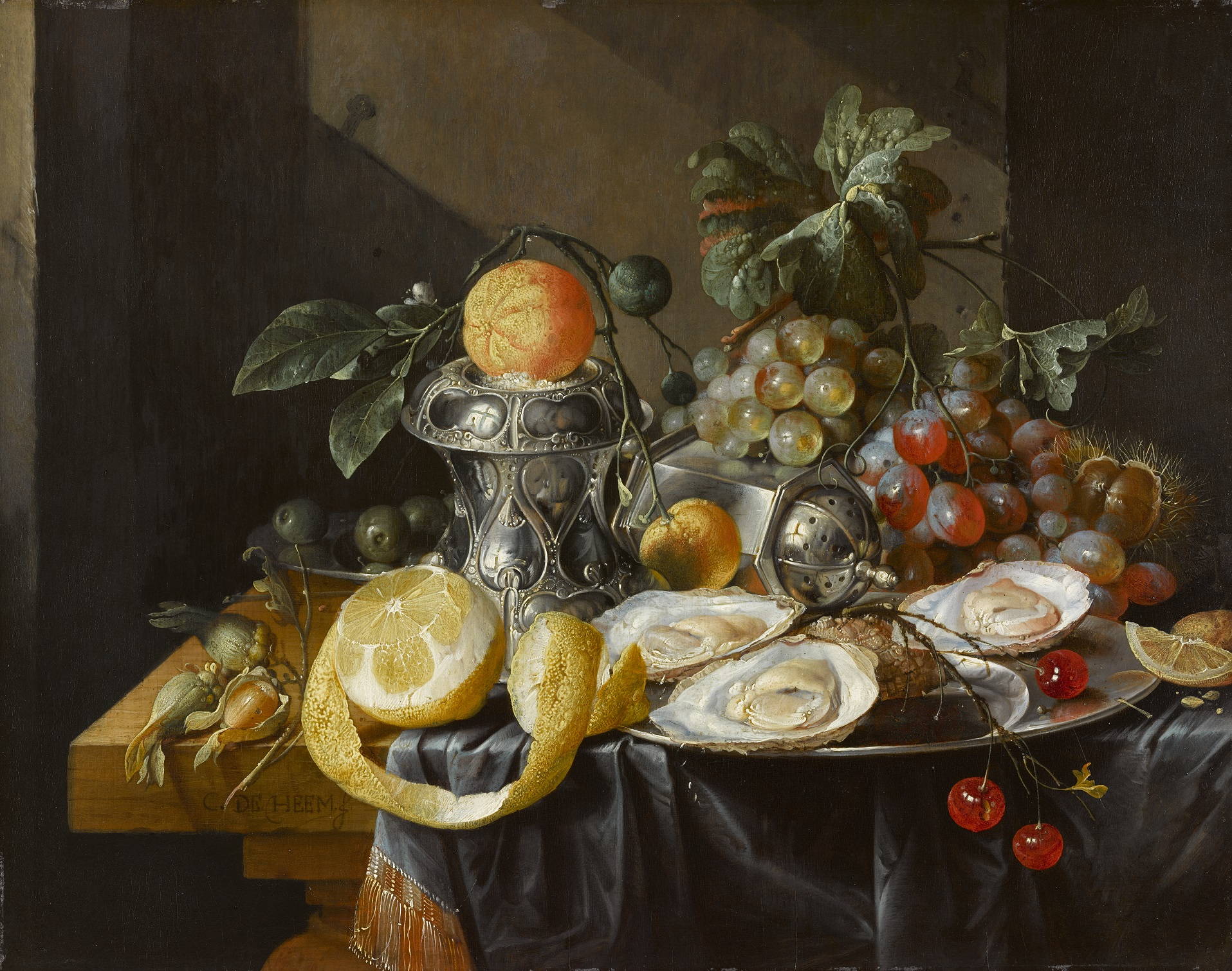
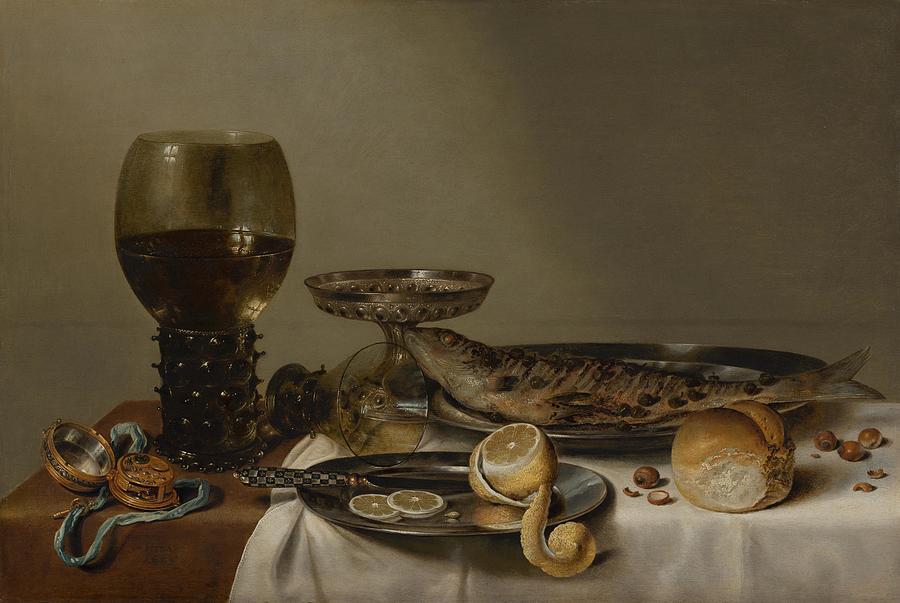
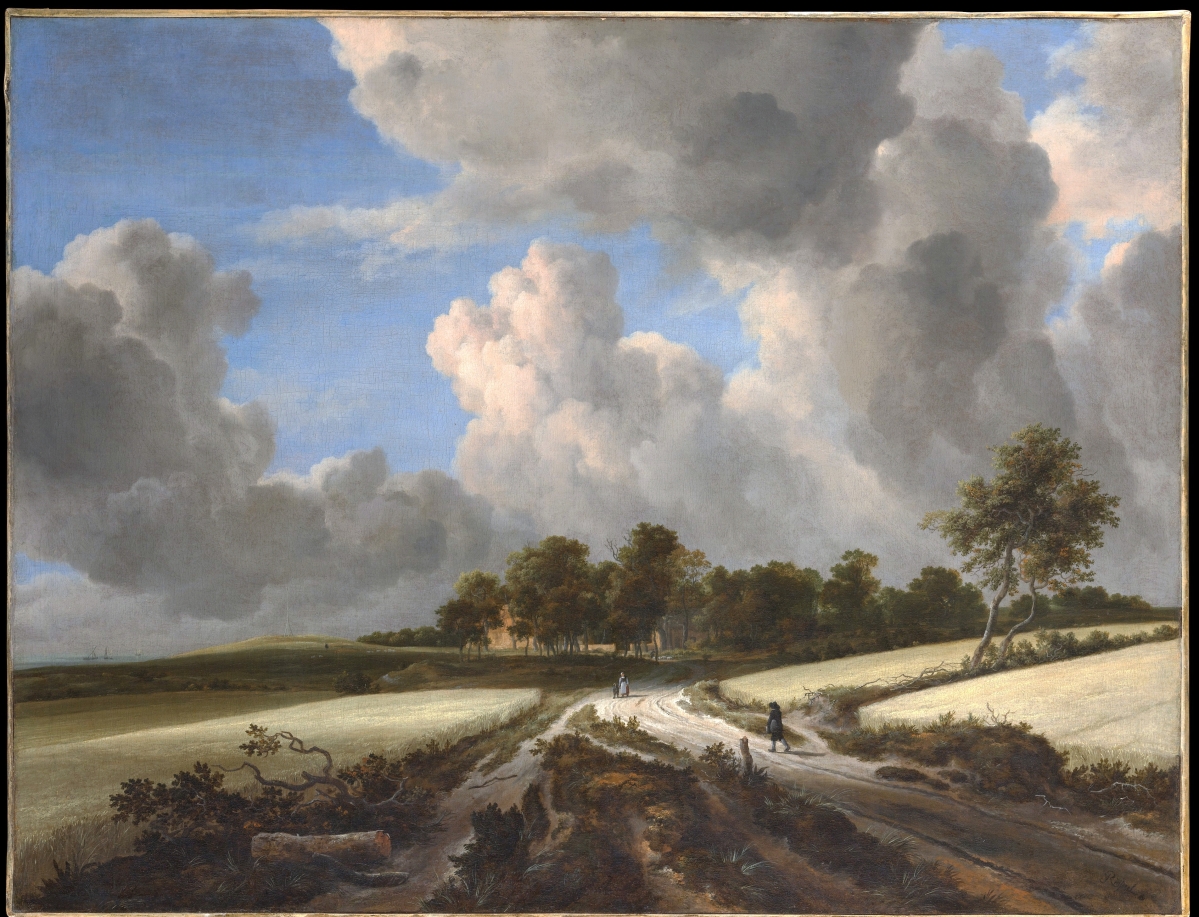
Realism
We are not so badly off, if we can
Admire Dutch painting. For that means
We shrug off what we have been told
For a hundred, two hundred years. Though we lost
Much of our previous confidence. Now we agree
That those trees outside the window, which probably exist,
Only pretend to greenness and treeness
And that language loses when it tries to cope
With clusters of molecules. And yet, this here:
A jar, a tin plate, a half-peeled lemon,
Walnuts, a loaf of bread, last – and so strongly
It is hard not to believe in their lastingness.
And thus abstract art is brought to shame,
Even if we do not deserve any other.
Therefore I enter those landscapes
Under a cloudy sky from which a ray
Shoots out, and in the middle of dark plains
A spot of brightness glows. Or the shore
With huts, boats, and on yellowish ice
Tiny figures skating. All this
Is here eternally, just because, once, it was.
Splendor (certainly incomprehensible)
Touches a cracked wall, a refuse heap,
The floor of an inn, jerkins of the rustics,
A broom, and two fish bleeding on a board.
Rejoice! Give thanks! I raised my voice
To join them in their choral singing,
Amid their ruffles, collets, and silk skirts,
Already one of them, who vanished long ago.
And our song soared up like smoke from a censer.
-- Czeslaw Milosz, translated into English by author and Robert Hass
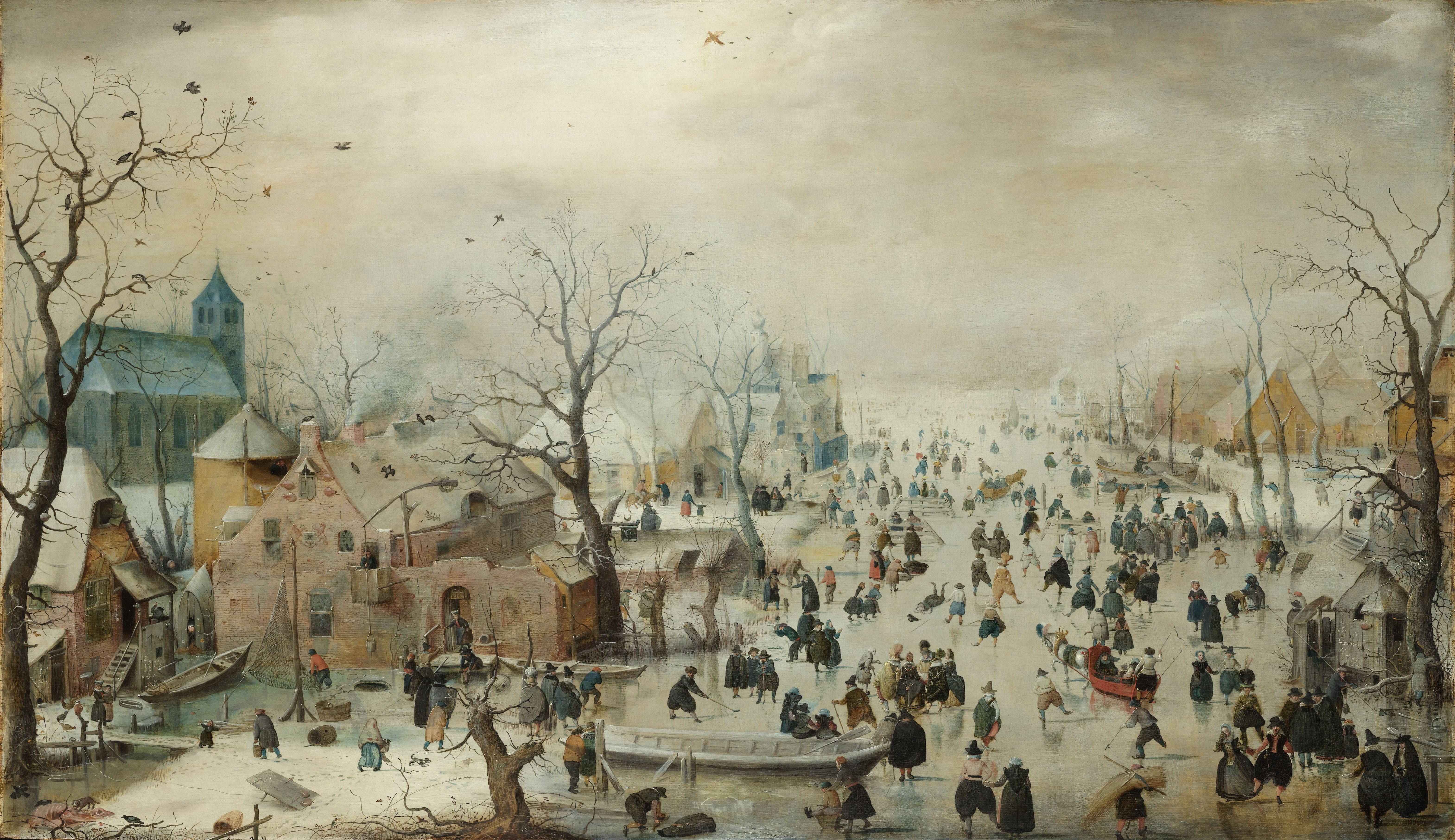
In the Dutch paintings of the 1600 and 1700s, ordinary items are treated as extraordinary. Unremarkable activity becomes immortalized. The mundane world is touched with glory and seems to say everything has an eternal value. This art says in its specificity that what we experience in daily life has meaning.
There is a kind of abstract art that mocks at the idea of knowing. Truth is unknowable. Beauty is an arbitrary human construct because molecules themselves don’t contain the quality of beauty. In the pursuit of what is true, it implies, we can’t claim a tree is beautiful or green or even that it truly exists. These are human perceptions and we are flawed judges. Why treat these things as though they have lasting value? By what authority does anything have value?
I read this poem to say, Yes, the ordinary things we encounter in our ordinary lives are saturated in meaning. They have spiritual significance which is not contained in their measurable physical presence. The holy shines through the mundane.
Look what the Dutch masters do with light. Grapes glisten; even dead fish gleam in silver opalescence.
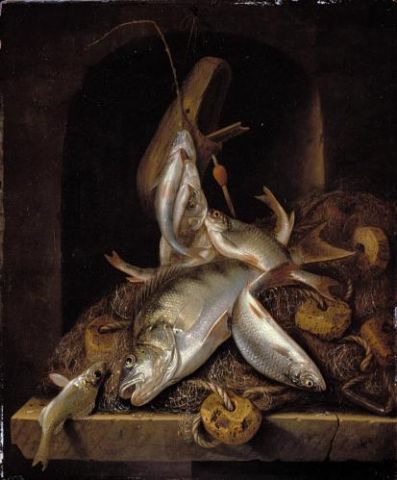
Ordinary life has meaning and beauty. A lifetime of meal preparation, laundry, wiping noses, writing thank you cards, taking the elderly to lunch and listening to familiar stories–all this has made me closely examine what is true and what is significant. I am not wasting my life.
The philosophy that our senses are unreliable and that truth is unknowable falls flat in explaining the life we experience. Our human nature invariably seeks assurance that our lives have significance. When a philosophy of postmodernism–that truth is unknowable or that we are unable to perceive it–is enshrined in the arts it has no power to lift us up. It doesn’t inspire us or cause us to raise our eyes to something better.
As Milosz contemplates the images painted with care by the masters in contrast to the poverty of this widespread skepticism, Milosz is moved to praise and prayer. And I too think about the Christian message: that the Eternal took on a human body. God ate bread and drank wine and had conversations with real people. They touched him, heard him laugh, and saw him cry. They called him Y’shua, Jesus of Nazareth.
In his life, death, and resurrection Jesus opened a portal between divine and mundane. All of what we do resonates in eternity, that radiant world in which we now stand but only dimly perceive and only rarely.
These grapes and skaters live as long as these paintings endure, but we will live longer because we are works of art created by God, made for a purpose and endowed with significance.
Remember this when you stand before smug abstract art that gravely tells you life has no meaning. You know it isn’t the truth.


